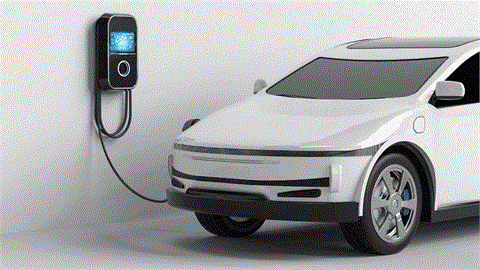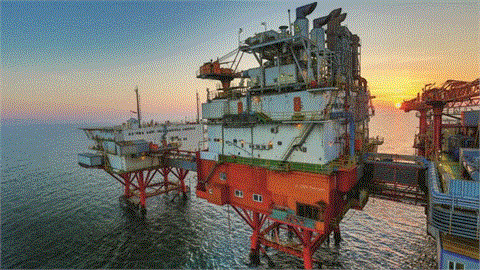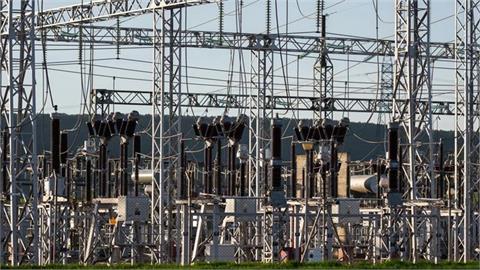In the wake of the COP21 climate conference in Paris, many nations
are announcing plans to reduce future carbon emissions from their energy
systems. But the pledges signed in Paris in December 2015 are mainly
nonbinding commitments. Though the European Union (EU) has pledged to
develop renewables totaling 20% of all generation capacity before 2020
and 50% of all capacity before mid-century (well ahead of China, Japan,
and the U.S.), not all EU power policies are created equally.
Each
of the 28 member nations enjoys wide latitude to chart its own course.
Though the EU is commonly perceived as a model for the clean energy
revolution that is needed, wind development throughout much of the
region has slowed, and new solar installation has stalled. In fact, many
EU nations are actually increasing their reliance on fossil energy,
much of it imported, despite large domestic renewable resources. In the
process, a growing number of economists and researchers believe the
nations are missing out on an incredible economic opportunity as well.
Nowhere is this more evident than in the sun-rich but economically poor
southern nations of Italy, Greece, and Croatia.
(PowerMag)
source: balkans.com



